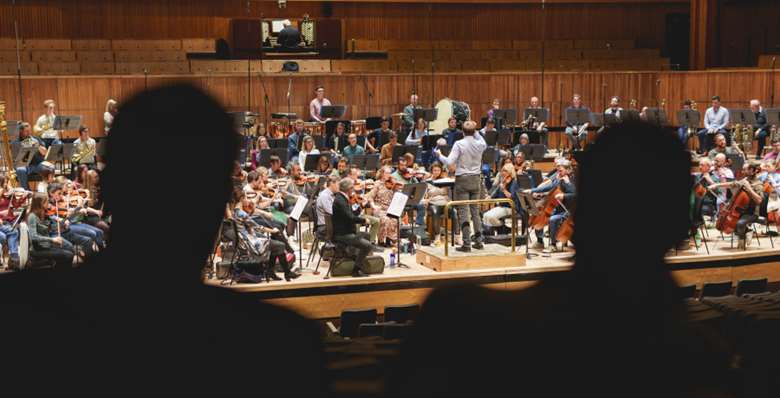RPO report reveals more can be done to engage younger audiences
Florence Lockheart
Wednesday, March 1, 2023
Almost eight in 10 children surveyed for the Royal Philharmonic Orchestra's annual report said more could be done to get young people into music

The Royal Philharmonic Orchestra (RPO) has today published its annual report on engagement with orchestral music. Among the findings of this year’s research, the report found that while interest in orchestral music remains constant, more needs to be done to help children engage in classical music.
While the report found that numbers of people are listening to orchestral music as part of their daily lives have risen since before the pandemic, with this trend especially prevalent among younger people, almost eight in 10 children said more could be done to get young people into music.
RPO managing director James Williams said: ‘In terms of education, throughout the last year we have continued to see emphasis placed on STEM subjects in the curriculum above everything else. While these are no doubt important subjects, we appear to be losing sight of the innumerable benefits the arts can offer young people and that complement and improve their performance across every aspect of their academic lives… We need to ensure we focus on STEAM, not just STEM’.
The report revealed interest in learning an instrument to be at around 85% among children surveyed. However, two in five children said there needed to be more music lessons at school and around a quarter of respondents aged 6-11 said their school did not encourage them to learn a musical instrument.
Despite strong interest in orchestral music, respondents from low-income families and rural communities, were less likely to say they experienced orchestral music when at school and most likely not to be encouraged to learn a musical instrument.
This research was conducted for the RPO by international research company Maru Blue, with surveys undertaken in December 2020, February 2021, July 2021, November 2021, and January 2022. Surveys were carried out online among a GB representative sample of 2,000 people across the UK.



